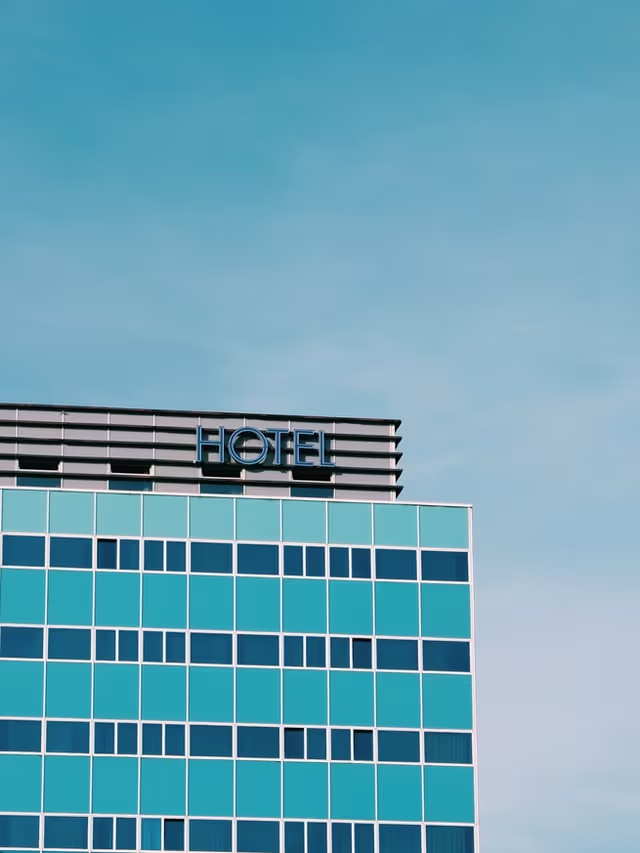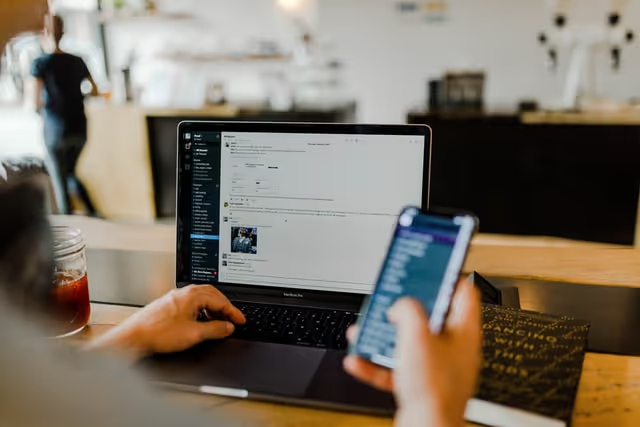What Is Hospitality Sales Anyways?
In the age of OTAs (online travel agencies) like Booking.com and Expedia, and mega brands like Marriott and Hilton, it’s easy to think that all you need to do is build the hotel and the marketing is done for you.
Your Booking and Expedia listings will generate leads and the rest of your available rooms will be filled in with business sent to you from your hotel brand’s corporate team. But of course, like anything in life, what was once a wide open opportunity quickly becomes saturated with competition and suddenly you aren’t doing as well as you’d like to.
Whether you work at a hotel, manage one, work in hospitality sales or are a hotel owner or investor, it’s important to know that your success is in your hands.
That’s what this guide is all about.It’s hard to succeed in life by passively waiting for great results to come your way and hotels are no different. To beat the competition in your market, you need to do more than wait and hope. The good news is that a well executed plan can generate above-average results for your hotel. You just need to commit to the process and follow through consistently.
Generally that means identifying key targets (called market segments) to go after and then generating a proactive plan that includes research, prospecting, relationship building, service delivery, relationship management and tracking. Implementing a hotel sales and marketing strategy can be as simple or as complex as you make it.
The main goal of this guide is to provide value to everyone reading it, regardless of whether you are an advanced hotel Director Of Sales or a beginner who’s thinking about potentially working in the field. Our hope with this guide is that we will give the beginners enough information about the basics, intermediate salespeople some tips to increase performance and pros some insights to supercharge their results.
We’ll cover every aspect of hotel sales from groups, events, catering, software and more. So, let’s dive in





